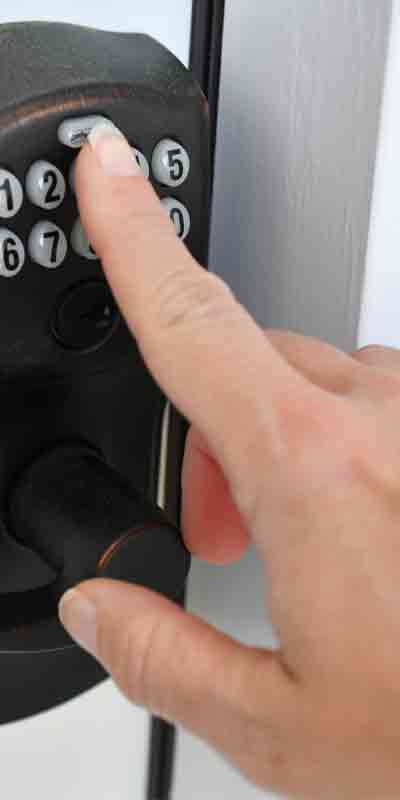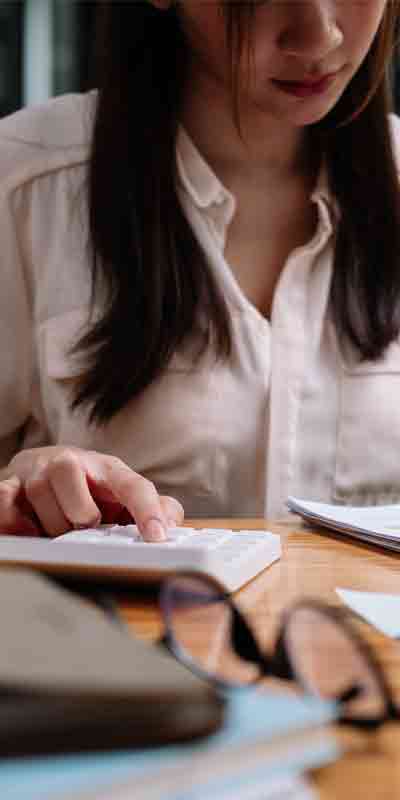The choice between renting and owning is a significant housing decision that individuals and families must make. In this blog post, we’ll explore the pros and cons of renting and owning, assisting readers in making informed decisions aligned with their lifestyles and goals.
Advantages of Renting:
- Affordability: Renting is generally far more affordable than owning. Tenants aren’t burdened with repair costs, property taxes, landscaping, etc.
- Budgeting: It’s easy to budget when you have fixed expenses. All you have to worry about is monthly rent and expenses, there are no surprises.
- Savings: This enables you to utilize your savings for other investments instead of utilizing it for the downpayment on the house. While you’ll see the house as an asset under home ownership benefits, there are other investments to put your money in, and who says you can’t buy a house somewhere more affordable and become a landlord?
- Flexibility: Renting provides flexibility, which is great if you are unsure of the future, enjoy travelling, are prone to moving or job changes and more. Simply provide your landlord with notice, pack your bags, and continue the adventure of life in another location.
Advantages of Owning:
- Stability: Owning provides a stable living environment for you and your family. The concern of a landlord selling and evicting you is not weighing you down.
- Forced Savings: While many will argue that owning your primary residence is a bad investment, in lieu of being savvy with knowing where else your money should go, it has proven to be a great forced savings and appreciating asset over the last couple of decades. The key is to not get carried away with over-improving it and diversifying your money in other assets. A primary residence can easily become your only asset, and relying on one thing to retire is not fun, especially if your plan includes uprooting yourself out of your family home to cash in.
- Freedom: Most rental agreements require tenants to get authorization from the Landlord or Property Management company before completing any work. At the chance that you’re stuck with a difficult landlord, not being able to decorate your home or install a TV could make it challenging to settle in and feel at home.
Factors to Consider:
While there’s no cut-and-dry answer to what the best scenario is, there’s plenty of evidence out there saying that you should rent the house you live in, and own the house you rent. The idea is that your living expenses are lower and predictable, and your money is working for you. This also means that the house you own not only generates income, but it creates tax incentives. Don’t want to be a landlord? Well, we can help with that 😉












